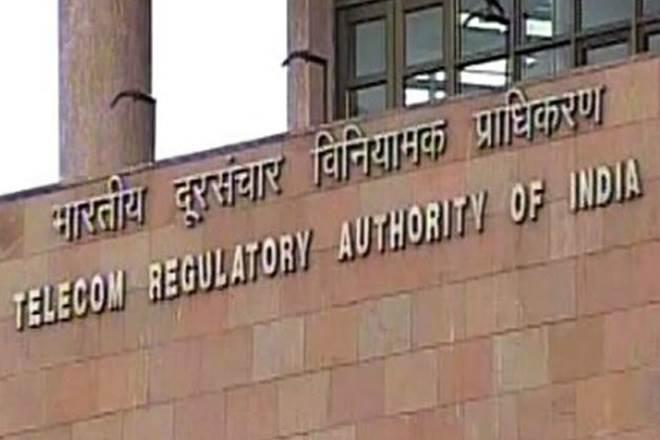Mumbai: The Bombay High Court did not give any interim relief Tuesday to television broadcasters who have challenged the latest amendments to sector tariffs by the Telecom Regulatory Authority of India (TRAI).
The New Tariff Order (NTO) put price ceilings on individual channels and asked the broadcasters to submit revised tariff structures by January 15.
Several broadcasters including the Indian Broadcasting Foundation (IBF) which is a representative body of TV broadcasters, The Film and Television Producers Guild of India, Zee Entertainment Ltd and Sony Pictures Network India have approached the HC against the amended regulations. They had also sought postponement of the January 15 deadline.
The amended regulations were ‘arbitrary, unreasonable and violative of fundamental rights’, the petitioners said.
TRAI’s counsel Venkatesh Dhond told a division bench of Justices SC Dharmadhikari and RI Chagla that the broadcasters are only required to submit their revised tariff structure January 15.
“The financial effect of the regulations will come into effect only on March 1, 2020. TRAI had received several complaints that channels were overpriced due to which the regulations were amended,” Dhond told the bench.
The bench, while granting no interim relief, directed TRAI to file a reply and adjourned the hearing to January 22.
Last month TRAI issued new tariff rules by which Network Capacity Fee (NCF) was lowered, benefiting consumers.
Earlier, a fee of Rs 130 covered all free-to-air channels and consumers needed to pay extra to watch additional channels.
After the last month’s amendments to broadcast sector tariffs, consumers will pay Rs 130 as NCF charge, but will get 200 channels. Changes were also mandated in the prices of individual channels.
The broadcasters’ petition opposed the tariff amendments, arguing they will adversely impact the sector’s growth.
The broadcasters claimed that consumer choices differ not only from one part of the country to another, but also within different parts of a state, a city and even within a household.
“The amended regulations will amount to force shutting down of TV channels. In such circumstances, broadcasters will be unwilling to launch new channels and producers will be unwilling to experiment with new content. All these factors will lead to fewer shows being produced, which will have a knockdown effect on downstream production and on employment in the sector eventually infringing the Right to livelihood under Article 21 of the Constitution of India,” the plea said.
PTI
